Wellness counseling goes beyond the usual six pillars—Physical, Intellectual, Emotional, Social, Vocational, and Spiritual. If you missed our post on wellness fundamentals, take a peek to get a better feel for our approach.
Your Unique Starting Point
Wellness isn’t a one-size-fits-all journey. It begins with you. Whether you thrive in social settings or find them exhausting, the focus is on understanding and embracing what works best for your individuality. It’s important to remember that wellness isn’t just about mental health but also includes physical well-being, which plays a foundational role. You can explore more on holistic health in this article on the power of holistic health from the National Center for Complementary and Integrative Health.
The Journey
-
Awareness & Acceptance
Embark on a judgment-free exploration of yourself in a safe space. We dive into the tough stuff and uncover your core motivations, with the goal of boosting non-judgmental self-awareness. This process helps break harmful patterns, much like the self-care practices discussed by the Mayo Clinic that empower clients to prioritize their mental health.
-
Relational Patterns
Discover how your self-perception impacts relationships. Through new self-awareness, we unravel internal narratives that might be affecting your connections or hindering deeper relationships. For insights on emotional intelligence and how it shapes relationships, check out this guide on emotional intelligence from Psychology Today.
-
Experimentation
Armed with insights, empower yourself to experiment with behaviors that align with your true self. Homework activities and reflections support the solidification of positive changes. If you feel stuck, journaling can help you process emotions. Learn more about how journaling can help with personal growth in this article from Psychology Today.
-
Holistic & Context-Specific
A holistic approach is key, incorporating movement, nutrition, and stress management as foundations for healing. Honesty and non-judgmental support are at the core. Your unique context, values, and beliefs shape your wellness. Discover how a holistic approach aligns with treating the whole person in this article on holistic health from Integrative Practitioner.
When to Reach Out
Consider connecting if you resonate with:
- Feeling stuck in a persistent behavior pattern.
- Experiencing excessive stress affecting relationships and health.
- Uncertainty about personal identity or desires.
- Feeling pressured by loved ones or employers.
- Dissatisfaction in current work.
- Struggles in relationships, whether individual or couples.
If these resonate, you can learn more about my services on how I can help guide you through this journey.
Get in Touch
If these themes speak to you, I’d love to meet you. For those with lingering questions, book a free 15-minute chemistry call. Together, let’s assess whether I might be the right person to support you in your current season.






